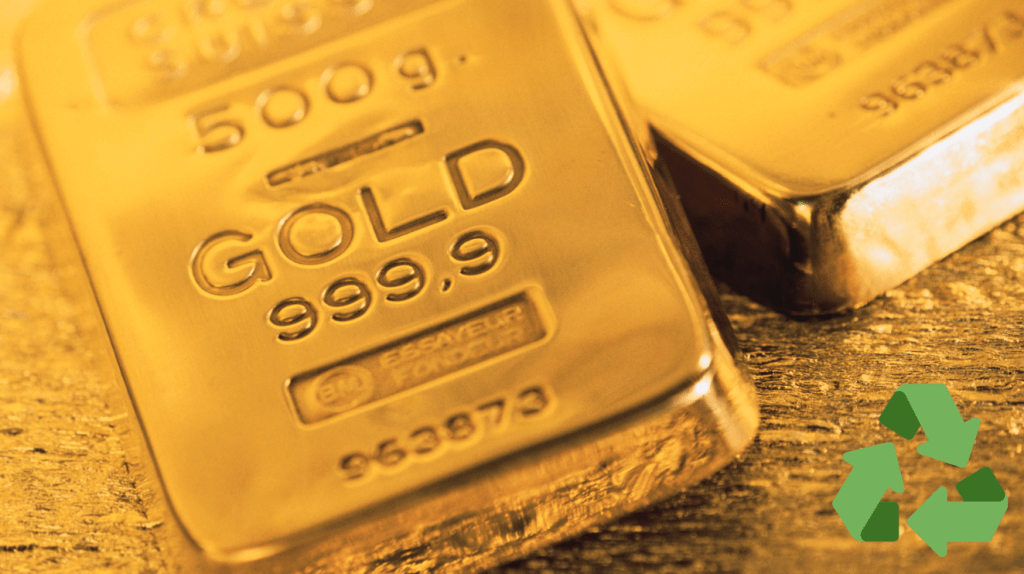
Gold is a rare and precious metal valued for its beauty, rarity, and unique properties for thousands of years. Its unique combination of physical and chemical characteristics makes it a highly sought-after commodity. Gold is a key component of the global financial system and is used as a benchmark for currency values and as a reserve asset by central banks worldwide.
The demand for Gold is driven by various factors, including its use in jewellery, electronic devices, and investment, as well as its role as a hedge against inflation and market volatility.
The Recycling Process of Gold
Gold recycling is a critical part of the Gold industry and helps to conserve it. The recycling process involves the collection of scrap Gold, which is then refined to produce new Gold.
Here’s a brief overview of the recycling process:
- Collection of scrap gold: The first step in the Gold recycling process is the collection of scrap gold. This can come from various sources, including jewellery, dental fillings, electronic waste, and other sources. The collected scrap Gold is then sold to a refiner who will process it further.
- Refining process: The next step in the Gold recycling process is the refining of the collected scrap Gold. This involves a series of chemical treatments that remove impurities and separate the Gold from other metals. The resulting pure Gold is then melted into a bar, coin or another form, ready for reuse.
- Recovery of gold from electronic waste: Recently, there has been a growing demand for Gold recycling from electronic waste. This is because electronic devices contain a significant amount of Gold, which can be recovered through recycling. The process involves the dismantling of electronic devices, followed by the extraction of Gold from the recovered components.
Gold recycling is important because it helps to reduce the demand for newly mined Gold. This, in turn, helps reduce the environmental impact of Gold mining, which can significantly impact the environment. The more Gold is recycled, the less that needs to be extracted from the earth. Additionally, recycling Gold is more cost-effective than mining for new Gold, which makes it an attractive option for many organisations. Encouraging responsible Gold mining practices and increasing transparency in the supply chain can also help make the Gold industry more sustainable.

